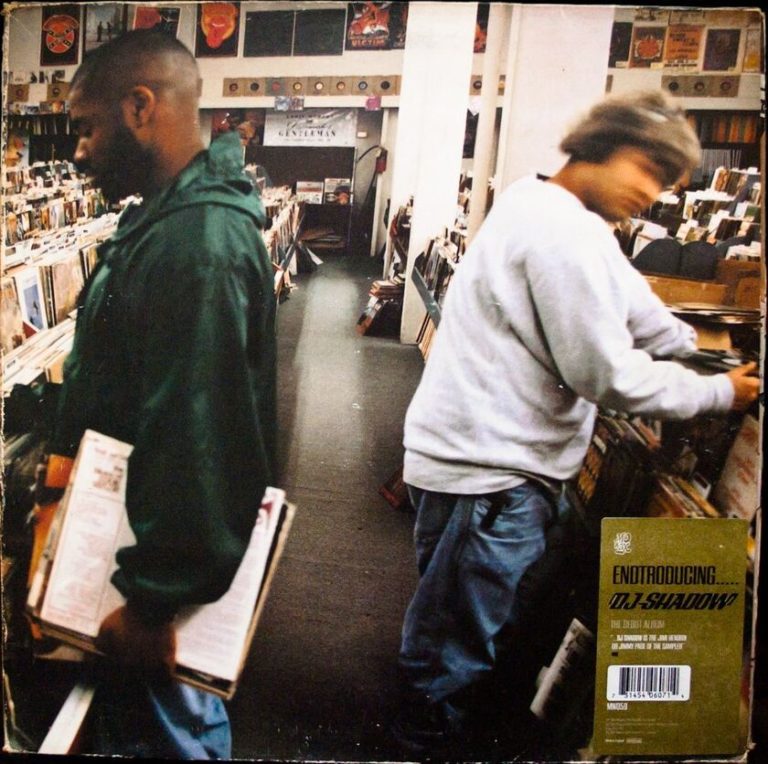Jimi Hendrix: Evolution and Vision Beyond the Frets
In the vast spectrum of music legends, Jimi Hendrix is a name that resonates with innovation, raw talent, and an unparalleled guitar prowess. Beyond the notes, however, lies a complex artist undergoing evolution both in music and self-perception.
Shifting Public Image and Music Focus
Post the Isle of White Festival, there was a notable transition in Hendrix’s persona. This wasn’t just a shift in musical style but also a profound change in his public image. The iconic wild hairstyles and flamboyant outfits started taking a backseat. As Hendrix himself stated, he began to prioritize the essence of his music over the visual spectacle, allowing the melodies and lyrics to be the core representation of his artistry. This can be seen as a maturation, an artist understanding that while visuals can be potent, it is the music that makes a lasting impact.
The Dynamic of the Band
Hendrix’s contemplation about the future composition of his band brought forth an intriguing dilemma. The raw energy of a three-piece rock setup has its allure, but it seemed Hendrix was longing for a broader musical palette. This sentiment, perhaps, reflects his yearning to experiment further and not be limited by the number of instruments or the genre’s constraints.
It is interesting to note his admiration for bands like Pink Floyd, pioneers in their own right for their atmospheric, expansive soundscapes. It could very well hint at the direction Hendrix was considering – a blend of rock’s raw energy with the ethereal nuances of more atmospheric music.
Songwriting and Musical Intent
Addressing Alvin Lee’s statement, Hendrix conceded that his evolution as a songwriter was ongoing. He viewed his compositions as expressions of his inner self, raw and unfiltered. There was no pretense, just genuine emotions that could sometimes feel “naked.”
Music as a Catalyst
For Hendrix, music was not merely a means of entertainment. He saw it as a reflection of society, a conduit to express emotions and narratives that could resonate with the masses. While music’s theme doesn’t always revolve around love, its underlying message can indeed be about love and unity.
Echoing the idea of personal transformation, Hendrix emphasized that for musicians to effect change through their art, the transformation must begin within. This inner change could then ripple outwards, touching listeners and possibly influencing societal paradigms.
Beyond the Term “Psychedelic”
The label “psychedelic” has been frequently attached to Hendrix’s music. However, he didn’t necessarily perceive it in the same vein as popular culture, which often associated the term with hallucinogens like LSD. For Hendrix, his music was an amalgamation of reality and dreams, allowing multiple interpretations and inviting listeners into his vivid imaginations.
Envisioning a Comprehensive Artistic Experience
Hendrix’s fascination with larger musical arrangements, like symphonies and orchestras, was evident. He believed in merging various artistic mediums, even if they sometimes led to misunderstandings, especially when juxtaposed with classical elements. His vision for the future was an immersive experience where sound and visuals captivated the audience, transforming simple listening rooms into sanctuaries of comprehensive artistic enjoyment.
Music Festivals and Their Scope
Music festivals, such as the Isle of White Festival, were moments of communal convergence for Hendrix. Despite their unifying essence, he was also aware of the logistical and societal complexities they introduced. His proposition of including diverse attractions like theater and circuses suggests his holistic view of entertainment, wherein music was a part but not the entirety of the experience.
In Conclusion
Jimi Hendrix’s perspectives shed light on an artist in transition, both in terms of his musical journey and personal introspection. As he navigated these changes, his dedication to authenticity and genuine expression remained unwavering, underlining why he remains an emblematic figure in the world of music.







